Airhead Disc-Go Inflatable Review

Towable fun on the water
As a kid, I remember playing with a towable plywood disc, a simple flat circle that we rode like a big kneeboard or waterski and spun through the occasional 360-degree spin. Heck, one guy I knew even rode around with a lawn chair atop the surface. They were simple and fun, but the falls could be a little painful should you hit the disc on the way off. They also didn’t tend to wear well, revealing splinters that made the ride sometimes less than fun. Eventually, the plywood disc seemingly went the way of the dinosaur…or at least, got relegated to the back of the garage or boathouse.
That simple disc, however, has now been reborn in thoroughly modern fashion. Inflatable standup paddleboard (SUP) construction has replaced plywood, making the board gentler on the knees and body. The discs also tow and ride better than the plywood boards of old, and feature a slightly forgiving surface covered in grooved EVA traction material.
I tested Airhead’s version of the SUP-style disc, dubbed the Airhead Disc-Go, behind a Sea-Doo WAKE. The 60” diameter, 4” thick Disc-Go is formed from a cloth core, wrapped in PVC for durability. As the Disc-Go inflates, thousands of polyester threads, stitched between top and bottom, limit the expansion, keeping the disc perfectly flat across top and bottom and preventing any bulges. (Technical term? Drop-stitch construction.) High pressure is required. I blew up the Disc-Go with an electric inflater part of the way, but had to finish things off with the included high-pressure hand pump to achieve the recommended 20 pounds of pressure. It wasn’t that difficult, but be prepared to sweat for a few minutes. Once finished, the Disc-Go is surprisingly rigid, but with a tiny bit of give to the surface once you get it on the water.
My 12-year-old test pilot easily got up on the board, starting first on her knees and then quickly standing while being pulled by a standard watersports towrope. We quickly learned to follow directions. Slower speeds are ideal, as at faster speeds the front of the disc can catch in the water if you don’t keep your weight back. Within a few minutes my tester was actually pulling off those 360-degree spins I remember from my childhood, and even directing the board back and forth in the wake with the appropriate shift of weight. When she would lose her balance, she would just plop back onto the surface without the hard knocks of old.
The easily towed disc is an ideal towable for personal watercraft, as it takes little power to pull and doesn’t require a big wake to have fun. It’s also fun to just float on. My young tester and other family members have used it to play on, lounge on, or jump off of; no PWC or towrope required. Suck the air out at the end of the day or summer season and the Disc-Go packs up almost completely flat, making it easy to haul or store. Any drawbacks? We wondered about the plastic fill valve in the center of the board, but never had a problem with it underfoot or during a fall. At least one competitive model has a molded towrope holder (essentially a hook) attached to the top surface, but it’s only usable at very slow speeds. We didn’t miss it, but the holder may be handy for getting really young kids use to towing.
SUP-construction discs aren’t cheap. The 60” version of the Airhead Disc-Go costs $499. The fact that virtually anyone, of any age and size, can have fun on one, however, will make it well worth the cost for many. Even us old guys reliving our “plywood-disc” youth.
Click here for more information. www.airhead.com/disc-go-air-60.html
Get PersonalWatercraft.com in your Inbox!
Like PersonalWatercraft.com on Facebook
Comments
Most Popular
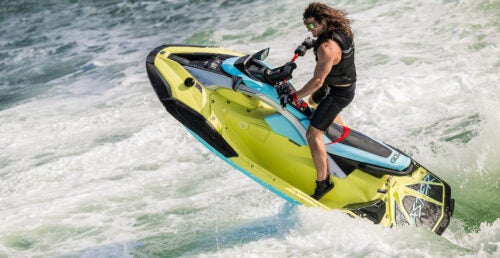
2025 Yamaha JetBlaster PRO 2-Up Review
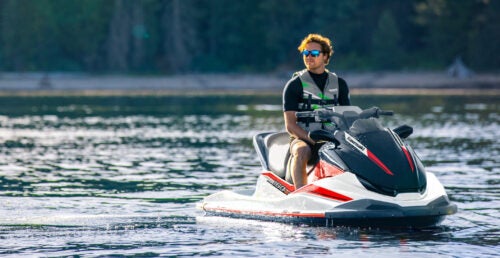
2024 Kawasaki Jet Ski STX 160X Review
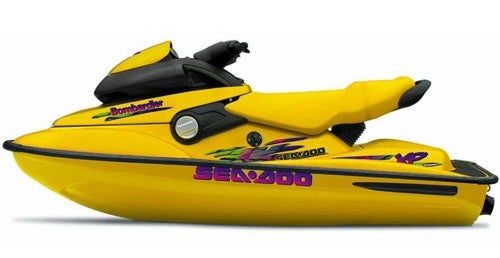
Remembering the Sea-Doo XP
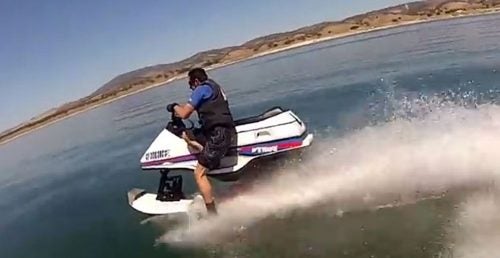
Whatever Happened to the Wetbike?
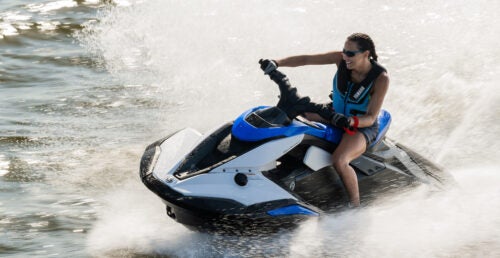
2025 Yamaha JetBlaster Review

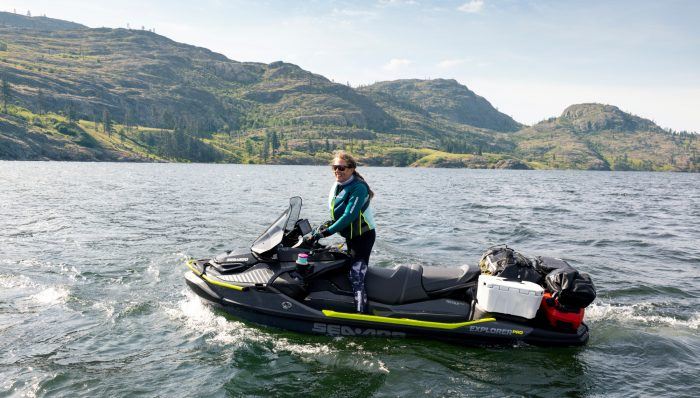
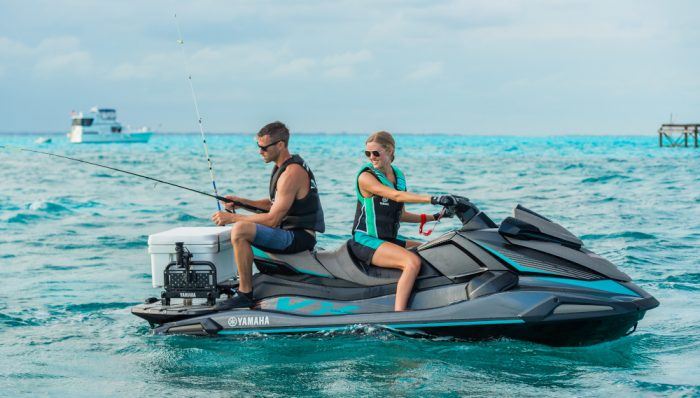
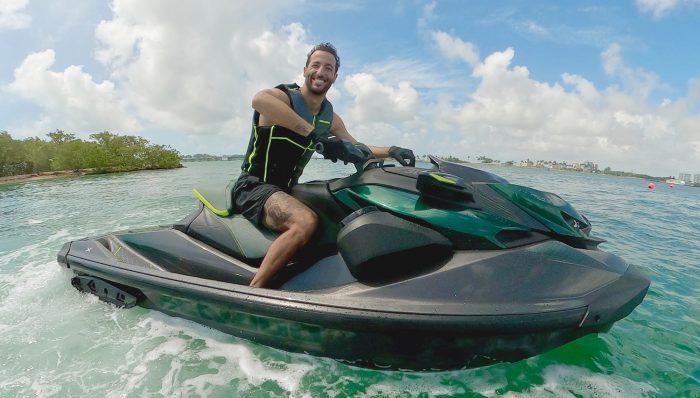
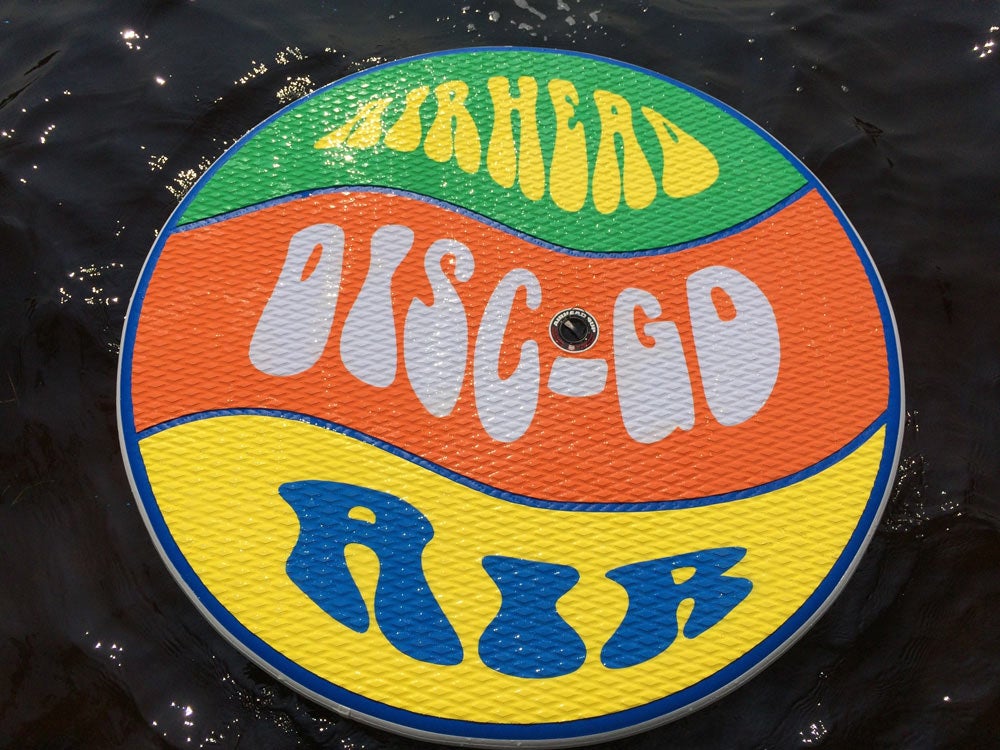
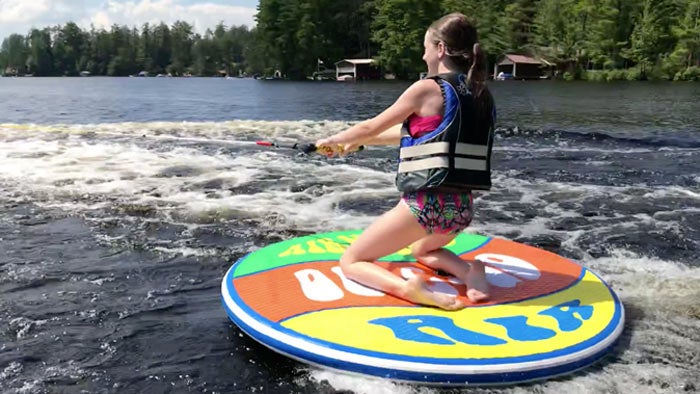


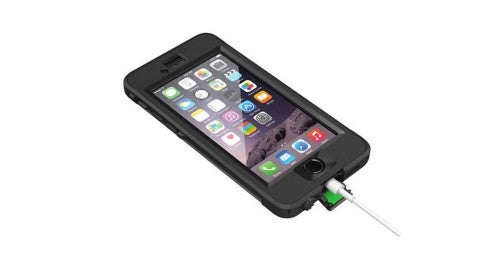


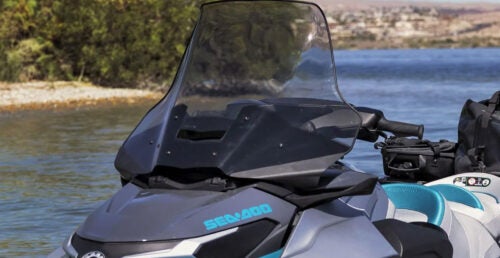
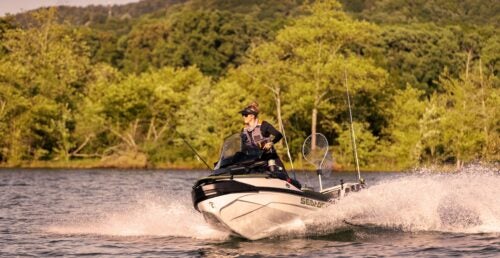


 Your Privacy Choices
Your Privacy Choices